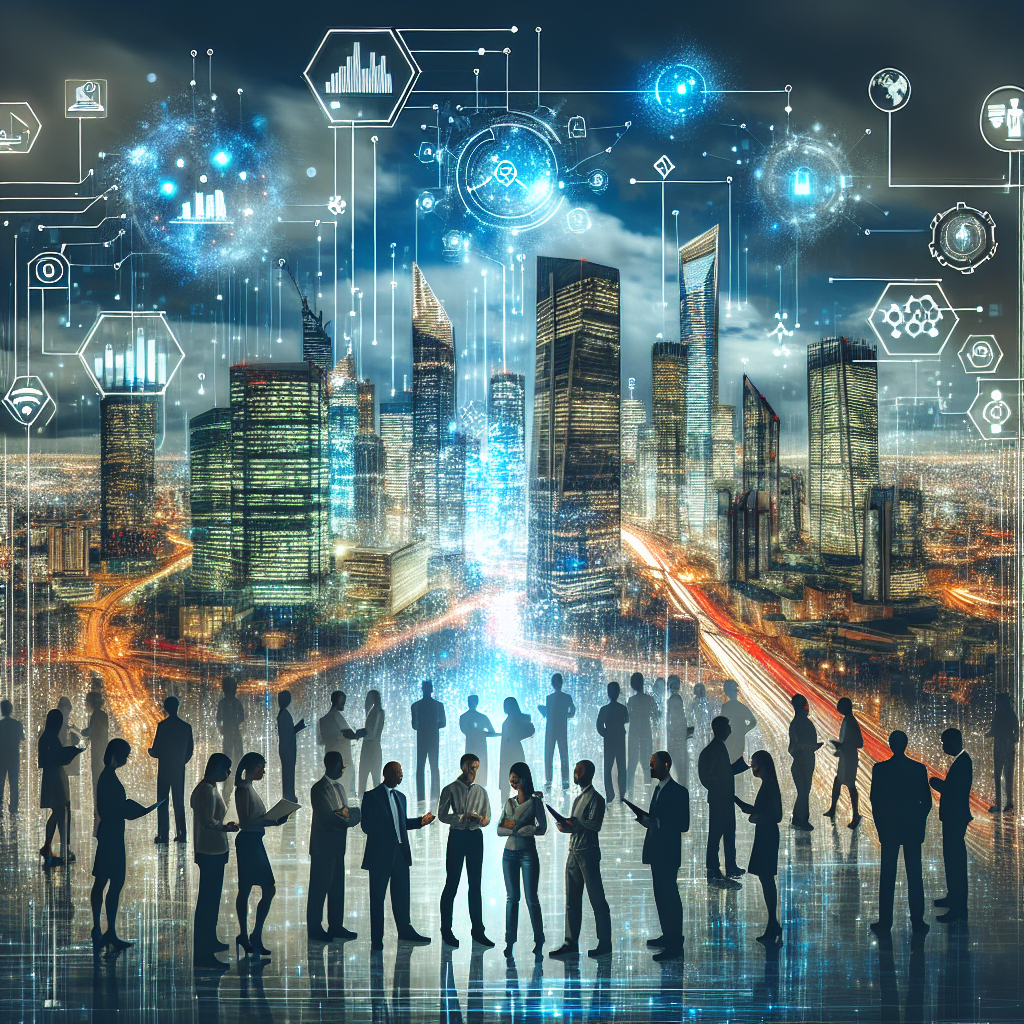The business and technology landscape is experiencing a significant transformation, largely due to the rise of artificial intelligence (AI) startups. These groundbreaking companies are not only disrupting established sectors but also fostering entirely new markets and opportunities. This article examines how AI startups are reshaping various industries and the implications for the future.
The Emergence of AI Startups
In the last decade, investments in AI startups have soared. Industry reports indicate that global venture capital funding for AI enterprises surpassed $30 billion in recent years, highlighting a growing awareness of AI’s potential. These startups are trailblazing applications across diverse fields, from healthcare and finance to education and transportation, utilizing machine learning, natural language processing, and data analytics to streamline processes and improve decision-making.
Transforming Major Industries
1. Healthcare
AI startups in healthcare are leading the charge in transforming patient treatment and care methods. Companies like Tempus and Zebra Medical Vision leverage AI to analyze extensive medical data, allowing for personalized treatment plans and more precise diagnostics. AI algorithms are now capable of forecasting patient outcomes, significantly enhancing preventive measures and cutting costs.
2. Finance
The finance industry is undergoing a substantial transformation thanks to AI technologies. Startups such as Zest AI and Upstart are harnessing machine learning for credit scoring and risk analysis, yielding more accurate assessments compared to traditional approaches. Fraud detection has also seen advancements, with AI systems capable of real-time transaction analysis to identify irregularities more swiftly than human analysts.
3. Transportation
In the transportation domain, startups like Waymo and Aurora are leading the development of autonomous vehicles. AI-driven solutions are facilitating safer, more efficient transportation methods. By employing sophisticated computer vision and real-time data analytics, these companies are making self-driving vehicles a tangible reality, promising safer roads and enhanced urban planning.
4. Retail
AI is transforming the retail landscape through personalized shopping experiences. Startups like Stitch Fix utilize AI to deliver custom clothing recommendations, improving customer satisfaction. Other firms harness predictive analytics to optimize inventory management, minimizing costs linked to overstocking or stock shortages.
5. Education
The education sector is also reaping the benefits of AI innovations. EdTech startups are applying AI to create tailored learning experiences. Platforms like Knewton and Duolingo implement algorithms to adjust content according to individual learning preferences, making education more accessible and effective.
Addressing Challenges
Despite their potential, AI startups encounter several hurdles. Data privacy and ethical issues are critical, requiring companies to navigate regulations while preserving user trust. Additionally, the integration of AI solutions into existing systems can be complex, necessitating substantial investment and expertise.
Looking Ahead
As AI technology continues to evolve, the coming decade is likely to bring even more profound transformations across various sectors. The increasing presence of AI startups is expected to encourage collaboration with larger corporations, resulting in hybrid models that blend agility and innovation with stability and scale.
Conclusion
AI startups are undeniably influencing the future of industries on a global scale. By redefining processes, boosting efficiencies, and creating customized experiences, these companies are not only challenging the existing norms but also laying the groundwork for the next phase of technological advancement. As they persist in innovating and refining their applications, the consequences for global business, the economy, and society will be significant, potentially leading to a smarter, more interconnected world.
In the field of artificial intelligence, the future is not merely approaching; it is already unfolding, driven by the audacious visions of AI startups.

